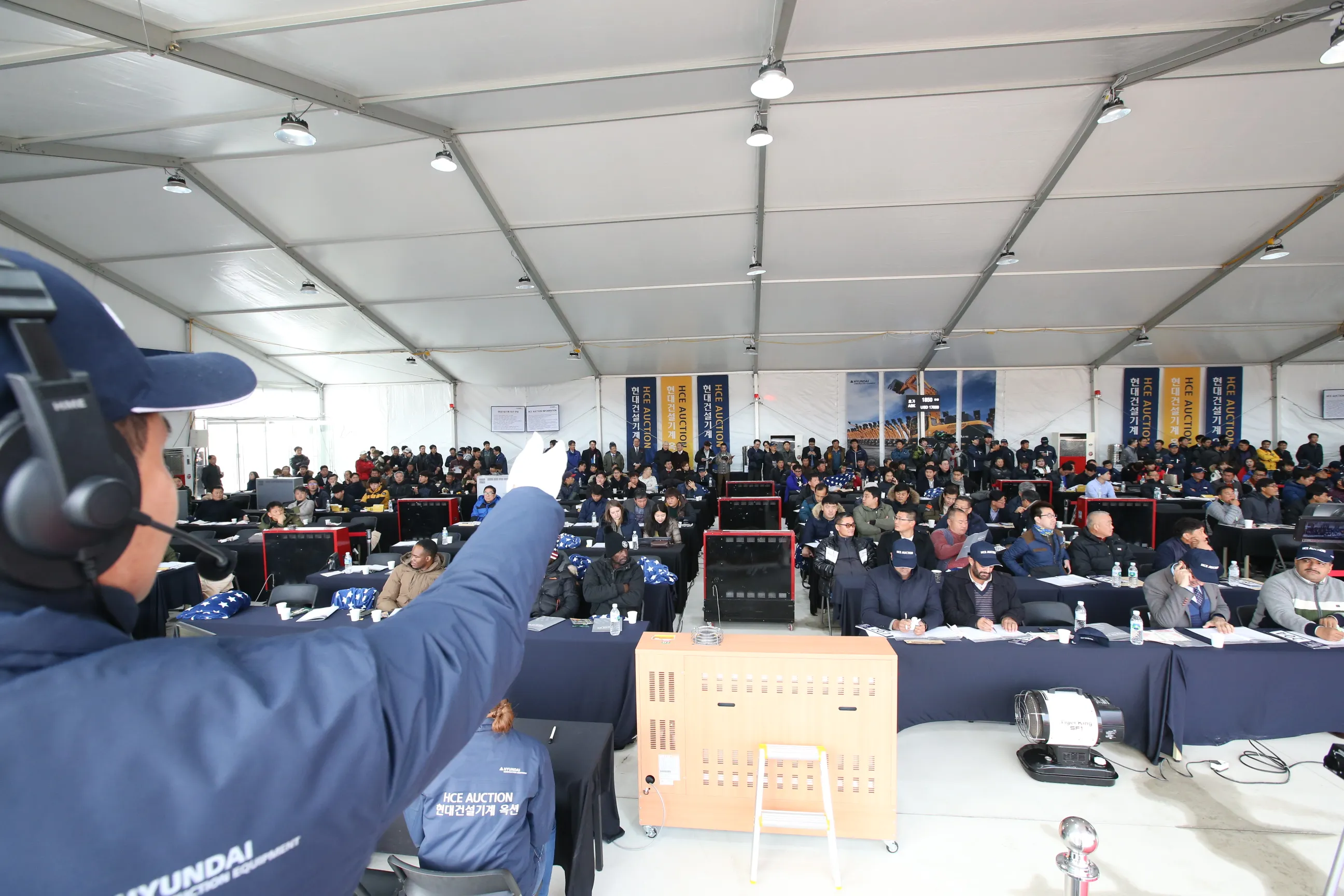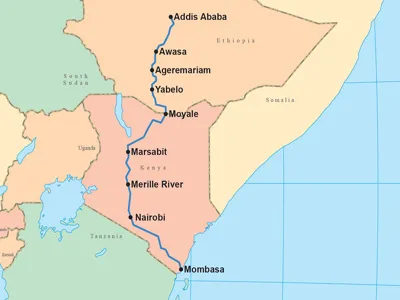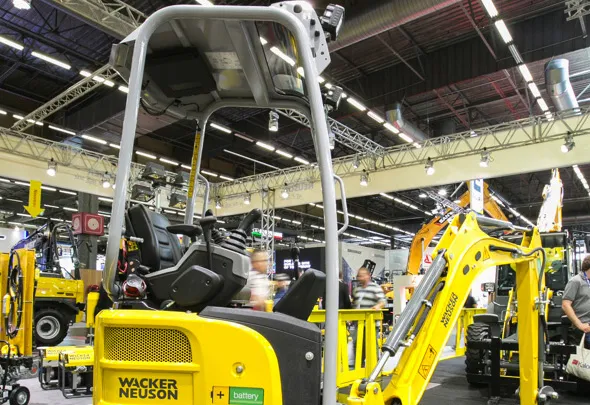236 Hyundai Construction Equipment (HCE) has held its first Hyundai Construction Equipment Auction. This was the first used construction equipment auction platform run in South Korea. The auction was run in Eumseong and forms part of a plan by the firm to increase its market share in emerging markets such as Southeast Asia. The company is aiming to develop the leading market share for new construction equipment in the emerging markets including Vietnam, Myanmar and Laos. These countries have a high demand for used equipment and the company intends to grow its user base by exporting used equipment in these countries. The auction is a key driver in the firm increasing its market share in the new equipment market.
The firm said that the auction received responses from overseas customers with around 100 mega-dealers and customers from major emerging markets including Vietnam, Hong Kong, Taiwan, Pakistan, Kenya and Chile. The domestic market share of Hyundai Construction Equipment in 2017 is 36%, up by 10% from 26% in 2016, according to market figures.
In May this year, HCE announced that it plans to enter top five ranking by 2023 in the global construction equipment market by improving product qualities and expanding its footing into new overseas markets.









